All academic fields use information in different ways. Not only that, they use different kinds of information, stored in different places, and searched in different ways.
Literature is no different. So, this guide is intended to give you the basics.
Searching for Literary Criticism
The next two tabs will give you more information on how and where to search.
Here, however, are some things you might want to know before you begin.
- Levels of specificity are important.
- More general sources (like books) can be more easily searched with an author's name rather than a title. It's more likely there will be a book about an author's work than a specific title.
- Databases, on the other hand, are often best searched with titles of works. Here, you are searching for articles, which are more specific.
- Literary criticism stays good longer than,for instance, scientific sources, but criticism over 20 years old is likely to be outdated and unfashionable.
- Choose your keywords carefully. The best search terms are the ones that are used consistently.
- For example: "Communication among friends" is NOT a good keyword! It won't necessarily be used in articles about that topic.
- "Friendship," however, is a term that might work. It's likely that articles about the role of friendship in a work will address how these characters communicate.
- You can find more words by looking carefully at the sources you find. "Language" is a useful concept, but you may find related words that more specifically describe various aspects of the language used.
- If you are writing about more than one author or work, don't think that you need to find articles or books relating to all of them. It's fine to have sources on different works, and to use your argument to pull them together.
